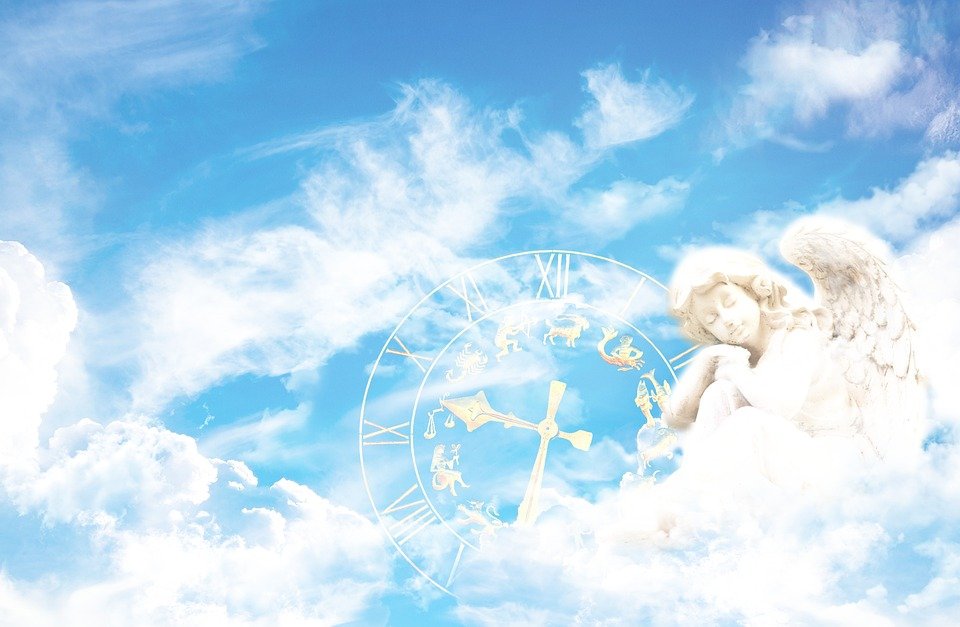Exploring the Dual Nature of Humanity: The Power of Duality
Introduction
Humans are complex beings with a dual nature that encompasses both light and darkness. This duality has been a topic of fascination for philosophers, psychologists, and artists throughout history. It is through understanding and embracing our dual nature that we can unlock our full potential and harness the power of duality.
The Nature of Duality
Human nature is characterized by the coexistence of contradictory traits and tendencies. We are capable of both love and hate, kindness and cruelty, creation and destruction. This duality is present in every aspect of our lives, from our emotions and behaviors to our thoughts and beliefs.
One of the most prominent examples of duality in human nature is the struggle between good and evil. We have the capacity for acts of great kindness and compassion, yet we are also capable of acts of violence and harm. This internal battle between light and darkness is a fundamental part of what makes us human.
The Power of Duality
While the dual nature of humanity can sometimes be seen as a source of conflict and turmoil, it also holds immense power. Embracing and understanding our duality allows us to tap into a wider range of emotions, experiences, and perspectives. It enables us to navigate the complexities of life with greater depth and resilience.
By acknowledging both our light and darkness, we gain a deeper understanding of ourselves and others. This self-awareness allows us to make more informed choices, cultivating empathy and compassion for those who may be experiencing the same internal struggles. It is through this empathy that we can foster understanding and connection, bridging the gaps between individuals and communities.
Moreover, our dual nature fuels creativity and innovation. The clash between contrasting ideas and perspectives often leads to breakthroughs and advancements. Many great works of art, literature, and scientific discoveries have been born out of the tension between opposing forces, showcasing the power of duality in driving human progress.
The Role of Duality in Personal Growth
Recognizing and accepting our dual nature is an essential step towards personal growth and self-actualization. It requires embracing both our strengths and weaknesses, acknowledging our flaws, and seeking balance between conflicting aspects of our identity.
By embracing our darkness, we can confront our fears, insecurities, and destructive tendencies. This process of self-reflection and self-improvement allows us to transform negative traits into positive ones. It empowers us to break free from self-destructive patterns and cultivate healthier relationships with ourselves and others.
Similarly, embracing our light allows us to tap into our potential for love, compassion, and creativity. This aspect of our duality enables us to pursue personal passions, build meaningful connections, and contribute positively to the world around us.
FAQs (Frequently Asked Questions)
1. Is duality unique to humans?
No, duality is not unique to humans. Many aspects of the natural world exhibit dual characteristics. For example, light and darkness coexist, as do growth and decay. However, the complexity of human duality arises from our self-awareness and ability to make choices.
2. Can duality be changed or overcome?
Duality is an inherent part of our nature and cannot be completely eliminated. However, through self-reflection, personal growth, and conscious choices, we can strive to find a balance between conflicting aspects of our duality. It is through this balance that we can harness the power of duality and use it in a positive and constructive way.
3. How does embracing duality benefit relationships?
Embracing duality in relationships fosters understanding, empathy, and acceptance. Recognizing that both individuals in a relationship possess a dual nature allows for greater compassion and forgiveness. It opens up conversations about conflicting needs, desires, and perspectives, leading to healthier and more fulfilling connections.
4. Can duality lead to inner conflict?
Yes, duality can lead to inner conflict when we resist or deny certain aspects of our nature. Suppressing or ignoring parts of ourselves can create a sense of imbalance and disharmony. By embracing all aspects of our duality, we can reduce inner conflict and find a sense of wholeness.
5. How can duality be applied to personal growth?
Duality can be applied to personal growth by recognizing and accepting both our light and darkness. This involves self-reflection, identifying areas for improvement, and actively working towards self-transformation. Embracing duality allows us to cultivate a more balanced and integrated sense of self, leading to personal growth and fulfillment.
Conclusion
The dual nature of humanity is a powerful force that shapes our thoughts, behaviors, and relationships. Rather than viewing this duality as a source of conflict, we can embrace it as a catalyst for personal growth, creativity, and connection. By acknowledging and accepting our light and darkness, we can tap into the full potential of our humanity and navigate the complexities of life with greater depth and understanding.

